Cameroon’s Biya: Why the Swiss won’t stop his Geneva stays
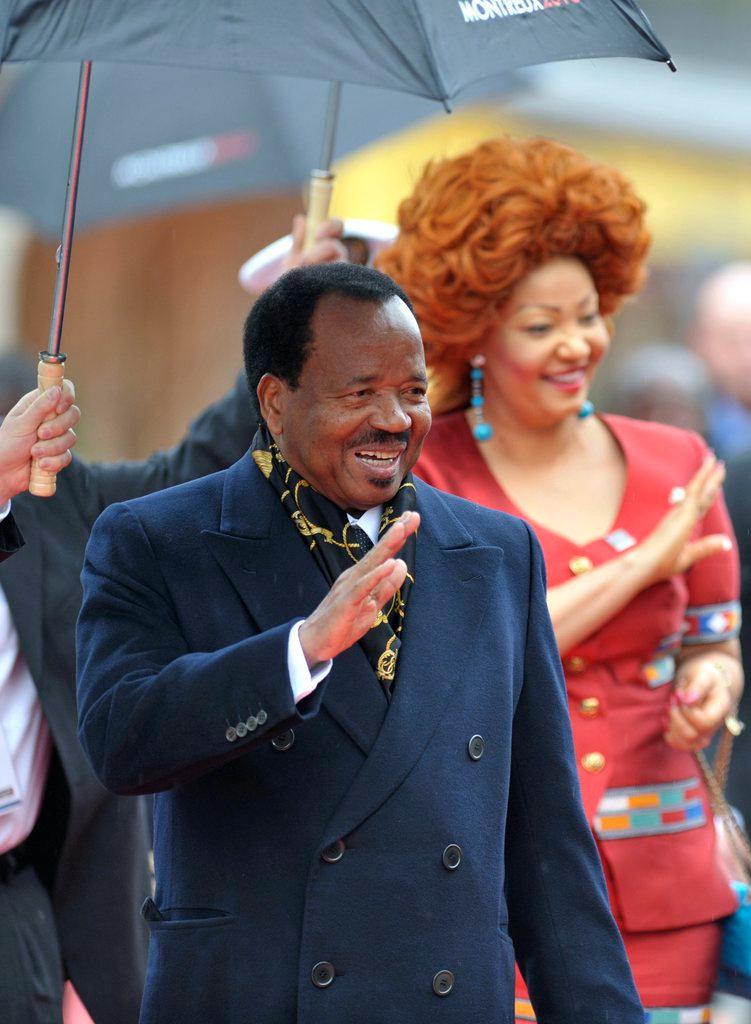
Reports in 2018 that alleged Cameroon’s president Paul Biya runs his country from a Geneva hotel raise questions whether official Switzerland can intervene in such cases.
Neutral Switzerland, and international Geneva in particular, have long been known as a playground for the rich. But should the Swiss clamp down when some of these people, like Biya, are linked to regimes with dubious democratic records in corrupt countries?
According to a reportExternal link in early 2018 by the Organized Crime and Corruption Reporting ProjectExternal link (OCCRP), the Cameroonian president has spent at least 1,645 days on private visits abroad since he came to power in 1982, and Geneva is by far his favourite destinationExternal link. The Hotel Intercontinental in GenevaExternal link with its swimming pool and view of Mont Blanc is the residence of choice for the Cameroonian presidential couple.
“According to reporters’ conservative calculations – based on publicly available hotel room prices and a compilation of entourage lists – the total hotel bill of Biya and his colleagues for one stay at Intercontinental adds up to around $40,000 per day,” says OCCRP. “At that rate, the cost of all of the president’s private trips (1,645 days in total) would add up to about $65 million since he came to power – and that’s not counting food, entertainment and the rental of a private plane.”
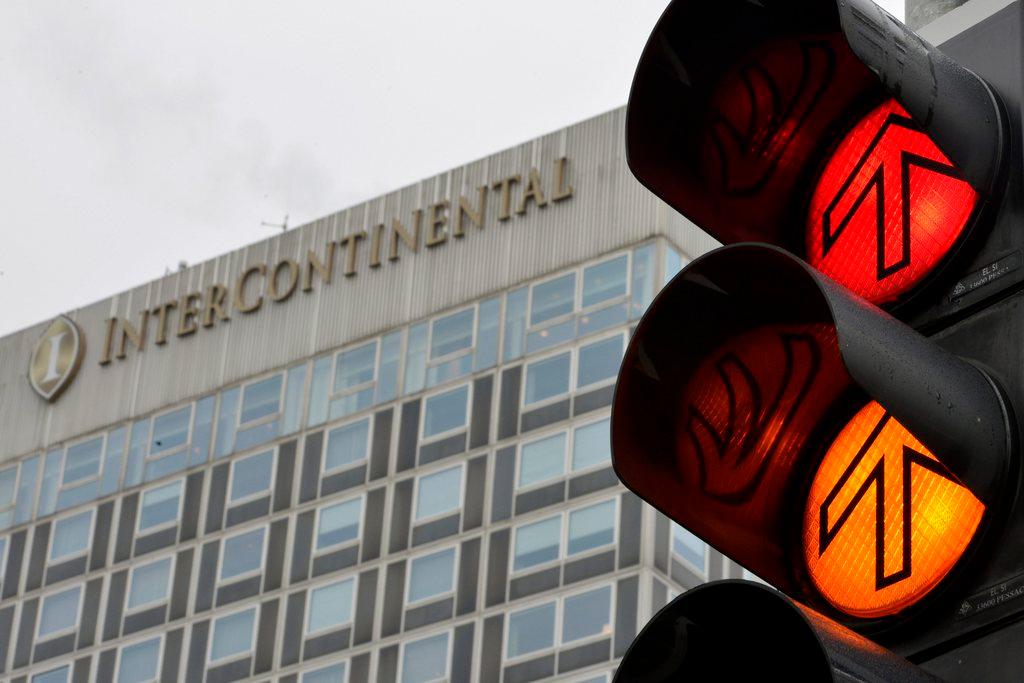
A report by the Wall Street JournalExternal link in November 2018 said that since Biya became head of state the hotel is transformed several times a year into a kind of offshore presidential palace for several weeks. According to the WSJ, Biya pays for everything in cash. A normal stay costs several million Swiss francs (about the same in US dollars), according to Christian Penda Ekoka, who was Biya’s chief advisor before moving to the opposition. Ekoka told the WSJ that the money came directly from the treasury, and that everything was paid in cash to prevent the trips appearing in the state account.
Cameroonian protestors
Another report by Swiss public broadcaster RTSExternal link (in French) in June this year also highlighted Geneva as a “paradise for dictators”. It includes some scenes of the frequent demonstrations by Cameroonian exiles outside the Hotel Intercontinental when Biya is there. “Shame on Switzerland!” they cry. “It’s taxpayers’ money!” “He is stealing the money from the oil of our anglophone region, which is in ruins.”
Cameroon has a reputation for corruption. In 1998 and 1999 it was ranked bottom of the Transparency International Corruption Perceptions IndexExternal link, and in 2017 it was rated 153rd out of 180 countries. Although Biya is recognized as the legitimate president of Cameroon, his democratic credentials are questionable. The francophone president, 85, won re-election for a seventh term this October in what foreignpolicy.comExternal link called a “master class in fake democracy”. That election took place amid an upsurge of rebellion in the country’s anglophone regions, which has been violently repressed by his security forcesExternal link.
According to the International Crisis GroupExternal link, “Cameroon’s structural weaknesses (hyper-centralisation, no separation of powers, restriction of civil liberties, corruption of state officials, weak institutions and failure to renew its leadership) are becoming more problematic each passing year. President Paul Biya, in power for 36 years, governs through a combination of clientelism, manipulation of ethnic rivalries and routine human rights violations.”
So what should Switzerland do?
So is Biya’s frequent presence in Geneva an embarrassment for Switzerland, and should it act? “Foreign heads of state can – in a private capacity – stay in Switzerland without the federal authorities being formally informed or involved in the visit,” the foreign ministry told swissinfo.ch.
“As a legitimate head of state, he has a right to travel, especially to Geneva which is the seat of many international organizations,” says Marc Guéniat, Senior Researcher at Swiss NGO Public EyeExternal link. “What is problematic is that he spends so much time at taxpayers’ expense, taking over an entire floor of a 5-star hotel.”
According to the Wall Street Journal, which spoke to several former hotel managers, the Intercontinental vacates the entire sixteenth floor for Biya and his entourage, sometimes adding around 30 rooms on other floors.
“He’s not wanted by Interpol, so it’s not a legal question,” says analyst Daniel Warner, a retired former deputy head of the Geneva Institute of International and Development StudiesExternal link. “Unless he’s on trial somewhere, it’s a political question and a judgment question, and as a neutral country what do you expect the Geneva or Swiss authorities to do? If he’s wanted for a crime, that would be something different, but there is no formal legal process against him.”
Some people nevertheless think Switzerland could do more, starting with tighter checks on visas and on cash coming into the country. One angry Cameroonian demonstrating outside the Geneva Intercontinental in the RTS report tells a Swiss police officer that if Biya “has come to live in Switzerland” he should ask for his residence permit like everyone else.
Asked what the visa regulations are for non-European heads of state visiting Switzerland, the foreign ministry told swissinfo.ch that “when a head of State comes on a private visit to Switzerland he is subject to the same rules as any other foreigner staying in Switzerland”. It did not, however, directly answer the question of who delivers the visas and how long such heads of state are allowed to stay.
Cash rules
Unlike the EU, Switzerland does not automatically require a declaration when importing large amounts of cash. However, under an Ordinance of 2009External link (link in French), Swiss customs officials can request information “on the import, export and transit of cash in an amount of at least CHF10,000 or an equivalent amount in foreign currency”, including the reasons and origin of the money. If there is suspicion of money laundering or terrorist financing, the customs office can also request information when the amount of cash is less than CHF10,000 ($10,000).
As a head of state, Biya enjoys diplomatic immunity. This was confirmed by the foreign ministry. “A sitting head of state enjoys, according to international customary law, absolute legal immunity (for both public and private acts) and personal inviolability,” the ministry said in response to swissinfo.ch. “As for the members of his entourage, the statute they may be granted in Switzerland is examined on a case by case basis, according to the aim of the visit and the function they perform.”
Brazil recently seized millions of dollarsExternal link from the luggage of a delegation accompanying Teodorin Obiang Nguema, the playboy Vice-President of Equatorial Guinea who is also a frequent visitor to Switzerland. But “Teodorino”, unlike Biya, has a court ruling against him. He was sentenced in France in absentia in October 2017 to a suspended three-year prison sentence for money laundering. And in that case, the Swiss authorities seized luxury cars and a yacht belonging to him, at the request of the French authorities.

In compliance with the JTI standards
More: SWI swissinfo.ch certified by the Journalism Trust Initiative
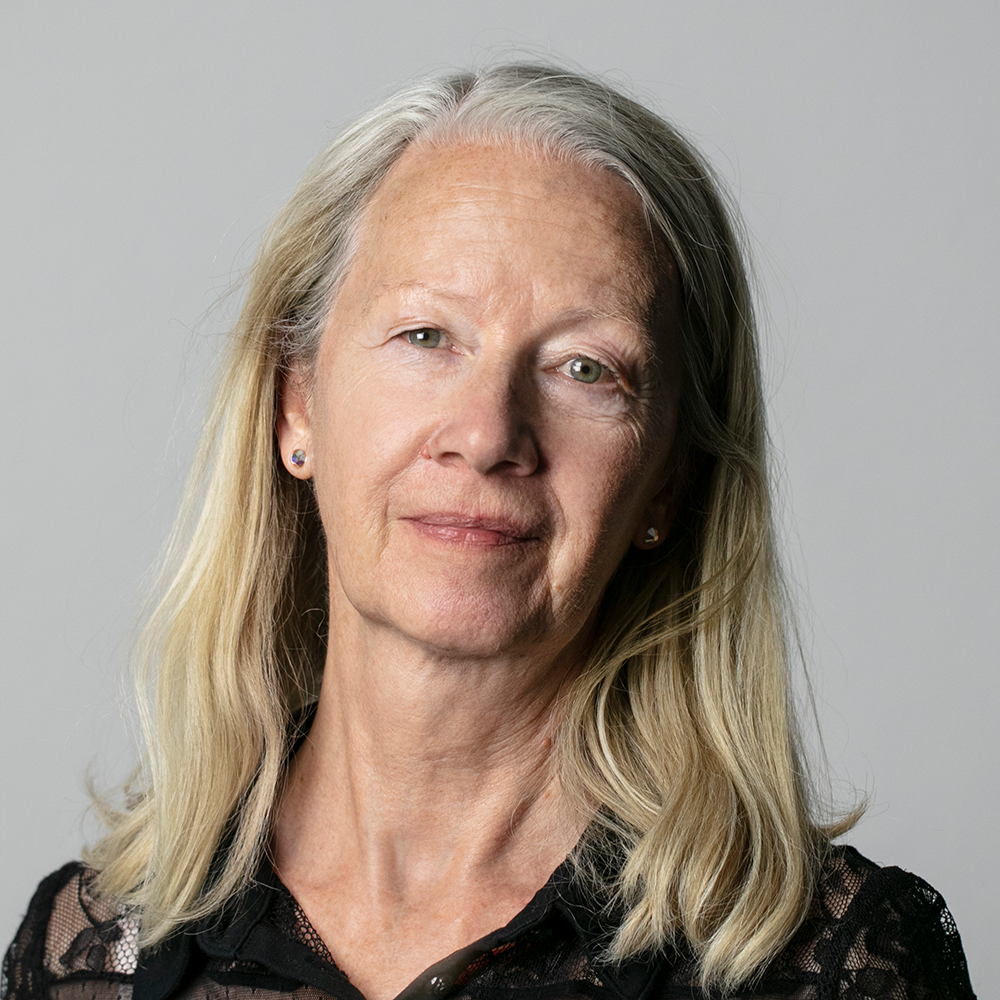

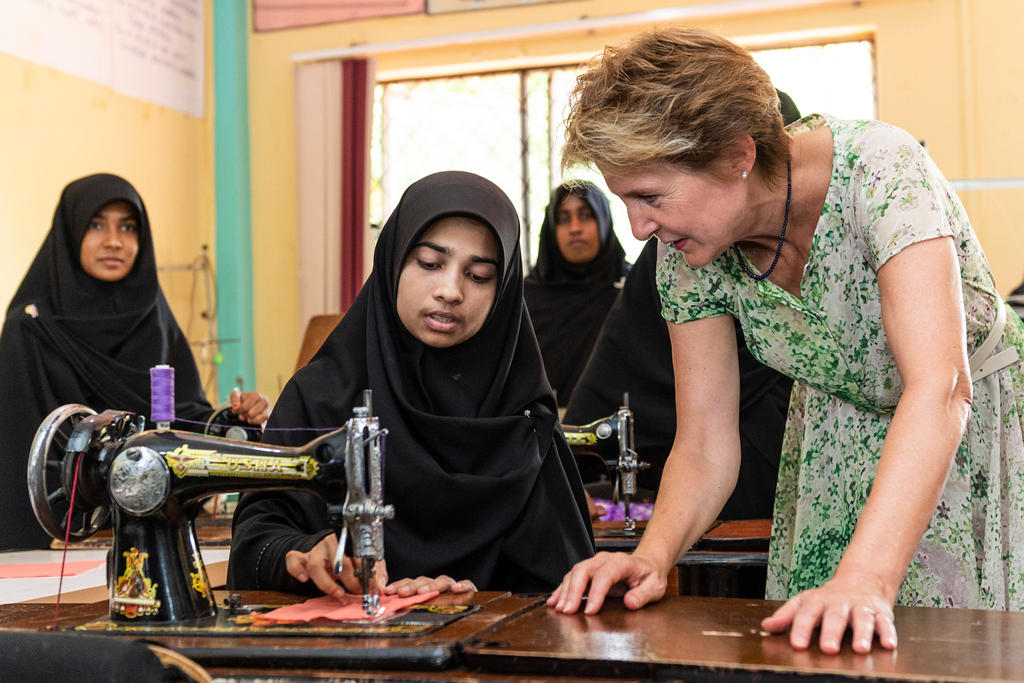
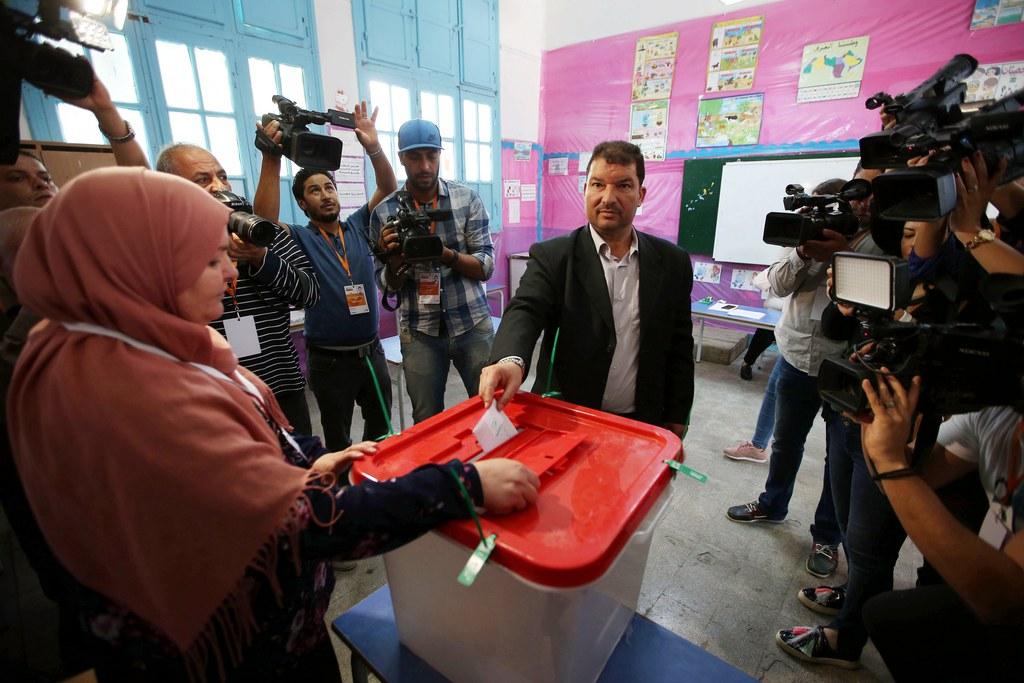
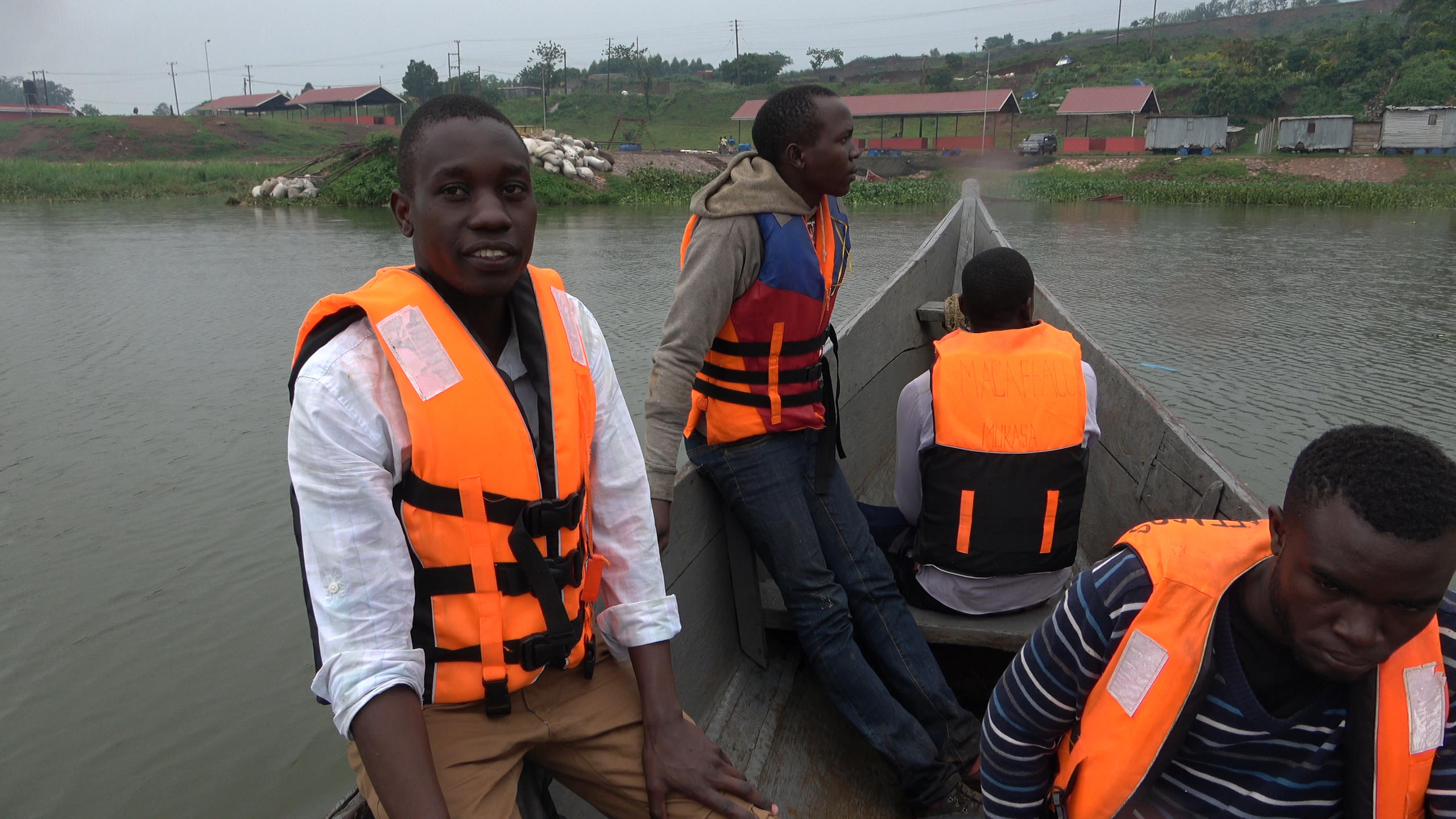
You can find an overview of ongoing debates with our journalists here. Please join us!
If you want to start a conversation about a topic raised in this article or want to report factual errors, email us at english@swissinfo.ch.